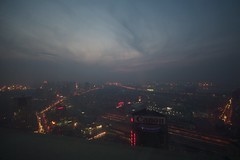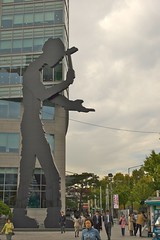"Suzhou Street" by yewenyi [?]
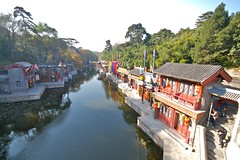
"the lake" by yewenyi [?]
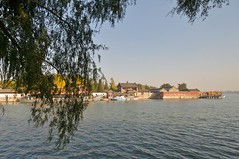
"tourists" by yewenyi [?]

"purple birthday cake" by yewenyi [?]
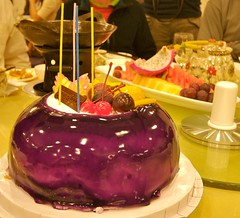
"learning english" by yewenyi [?]
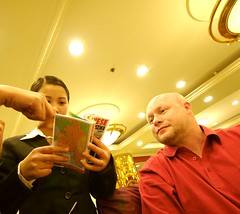
"Beijing Station" by yewenyi [?]
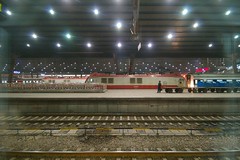
This is a blog about my holiday to South Korea and China, about the organizing and the doing and perhaps even some of the aftermath.






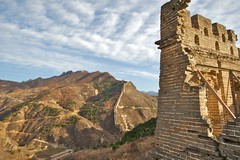
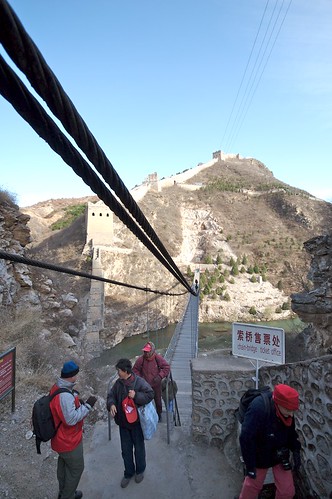
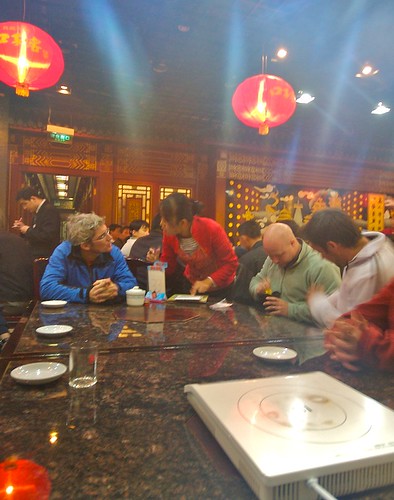
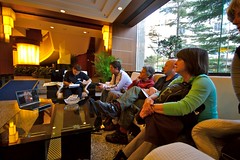
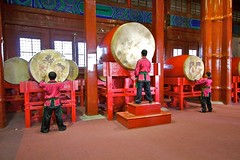
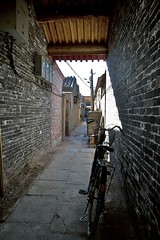
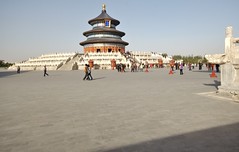
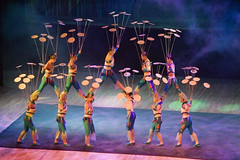
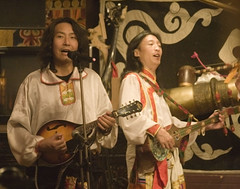
Peking is the name of the city according to Chinese Postal Map Romanization, and the traditional customary name for Beijing in English. The term originated with French missionaries four hundred years ago and corresponds to an older pronunciation predating a subsequent sound change in Mandarin from [kʲ] to [tɕ][citation needed]. ([tɕ] is represented in pinyin as j, as in Beijing), and is still used in some languages (as in Dutch, German, Hungarian, Polish and Spanish).In China, the city has had many names. Between 1368 and 1405, and again from 1928 [1] and 1949, it was known as Beiping (北平; Pinyin: Beiping; Wade-Giles: Pei-p'ing), literally "Northern Peace". On both occasions, the name changed — with the removal of the element meaning "capital" (jing or king, 京) — to reflect the fact the national capital had changed to Nanjing, the first time under the Hongwu Emperor of the Ming Dynasty, and the second time with the Kuomintang (KMT) government of the Republic of China, so that Peking was no longer the capital of China.
The Communist Party of China reverted the name to Beijing (Peking) in 1949 again in part to emphasize that Beijing had returned to its role as China's capital. The government of the Republic of China on Taiwan has never formally recognized the name change, and during the 1950s and 1960s it was common in Taiwan for Beijing to be called Beiping to imply the illegitimacy of the PRC. Today, almost all of Taiwan, including the ROC government, uses Beijing, although some maps of China from Taiwan still use the old name along with pre-1949 political boundaries.
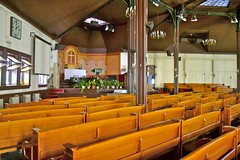
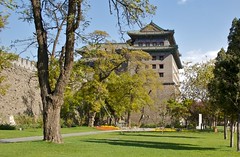
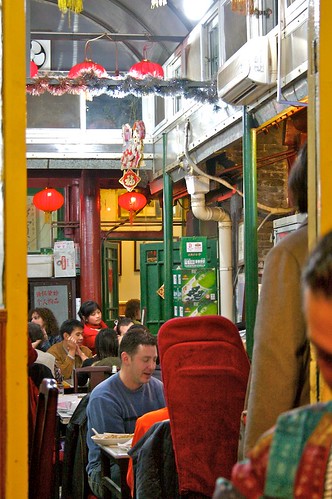
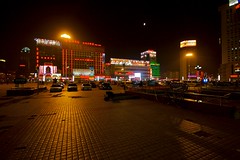

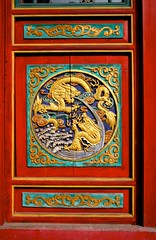 I traveled by bus from Dalian to Shenyang. I stopped at Shenyang for two reasons. One it was half way to Harbin and being a major transportation hub, a good place to stop-over. The second reason was that it had a palace that the Manchurian empire built before conquering China and moving their palace to Beijing.
I traveled by bus from Dalian to Shenyang. I stopped at Shenyang for two reasons. One it was half way to Harbin and being a major transportation hub, a good place to stop-over. The second reason was that it had a palace that the Manchurian empire built before conquering China and moving their palace to Beijing.